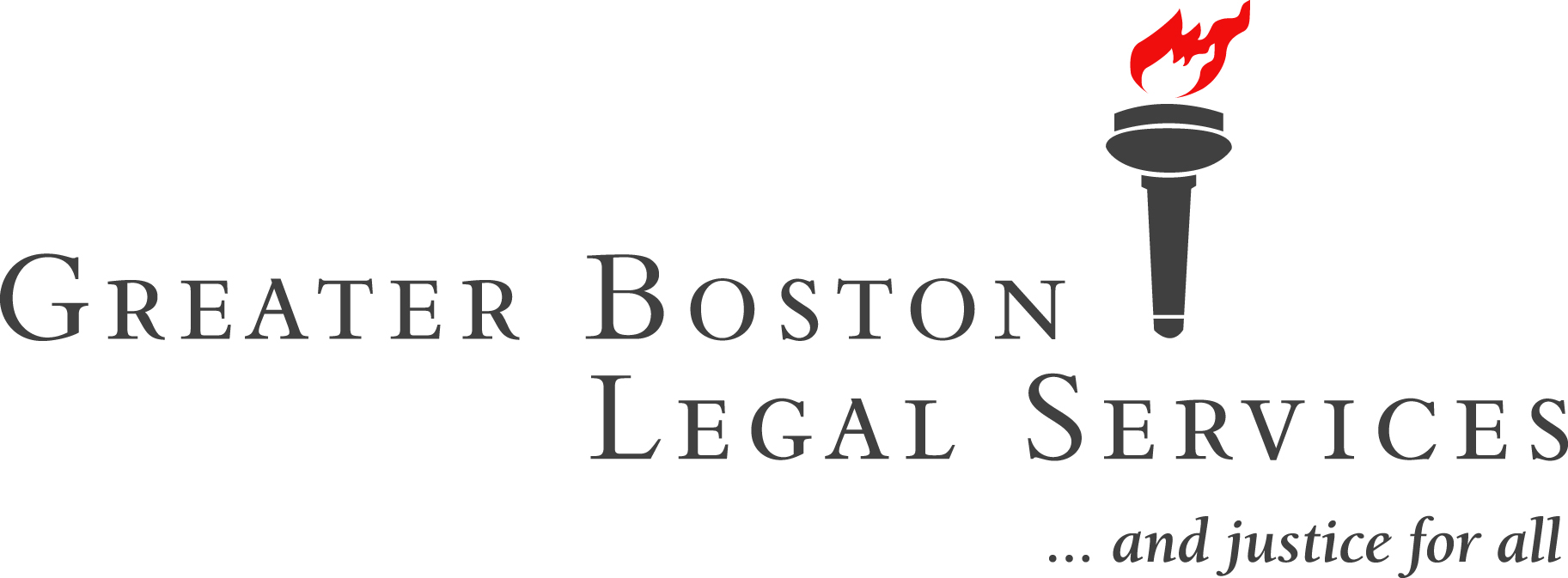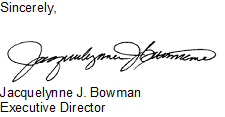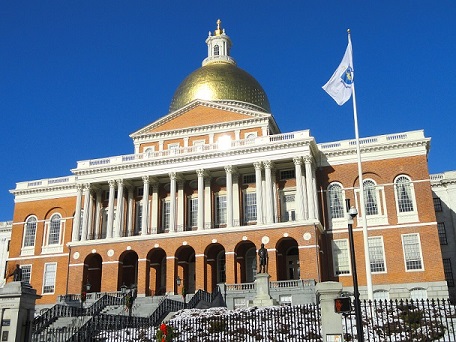Spring 2023 Newsletter

Dear friends,
I hope you’re having a great start to the spring season! Our team here at GBLS has been working hard on projects ranging from representing low-income immigrants through our tax work to advocating for the educational rights of students with special needs. As we move through the rest of the season, we have even more projects to share, like fighting to make the Commonwealth’s emergency shelter system work for vulnerable families, protecting tenants, and seeking justice for mistreated workers.
As always, thank you for your support in all we do. We are truly grateful for the community surrounding GBLS that allows us to continue this important work. (See below for an exciting opportunity to help us expand our fight for justice for all.)

An Advocate for Employees: GBLS’ HR Director on his role

Quang Nguyen started his role as GBLS’ Director of Human Resources in August 2021, when GBLS’ offices were closed because of COVID-19. Quang has a long history of working in non-profit organizations, and we at GBLS are lucky to have him as part of the team. Quang took some time out of his busy schedule to talk more about his experience, his role at GBLS, and what he does to wind down outside of work.
GBLS: What is your role at GBLS? How long have you been doing this kind of work?
Quang Nguyen: I am GBLS’ Director of Human Resources. I have been involved in non-profit work for almost 40 years. Before coming to the US from Vietnam, I did international work with the UN High Commission for Refugees and the US Department of State, helping refugees to prepare for resettlement in the US.
GBLS: What was your background before coming to GBLS? What drew you to working at GBLS?
QN: When I moved to the US in the 1980s, I took a position at the International Institute of Boston (IIB) helping refugees with English, employment issues, and support to find jobs. While at the IIB, I gained technical skills in workforce development, and I liked helping people who provide services. During that time, I started to make a transition from direct services to working in HR.
After that, I worked in HR at a human rights and social services organization for 15 years. During that time, I heard about GBLS and referred clients to GBLS, so I was happy when I saw the open HR Director position. In my role as HR Director at GBLS, I serve everyone, advocate for all workers, and safeguard the organization to ensure good employment practices and legal compliance.
GBLS: You started your role during the pandemic. How did that affect your transition?
QN: Since I started during the pandemic, I came to the office on the first day, but after that I worked remotely for several months and came to the office when needed for personnel records. It was a good transition because I have some experience in my prior role when I had to develop a system for remote work for my previous team. My first task at GBLS was to maximize technology for GBLS’ services and recordkeeping. I had lots of questions, but luckily the team provided clear support.
GBLS: What is the most important part of your job? The most interesting?
QN: As HR Director, I communicate first with employees to provide technical guidance and support from point A (applying for a job) to point Z (leaving a job for another opportunity). I try to learn from people about what they need.
I work closely with the leadership team in dealing with staff recruitment, payroll and benefit management, staff development and legal compliance. The most interesting part of my job is to support the diversity, equity and inclusion project and to provide guidance for Human Resources team in a unionized working environment.
GBLS: As you look at the future of GBLS, what is most exciting?
QN: DEI should be recognized as our commitment to the future of GBLS, and I see the entire organization as committed to it – in hiring, decision-making, and delivering services, so we hire the best people to communicate with and serve GBLS’ clients. I recognize that we sometimes overcommit to doing what needs to be done and GBLS staff’s workloads can be heavy. We should work to ensure backup for everything, or else it will make us put things on hold.
I am also looking forward to working on GBLS’ strategic plan. I see GBLS as a strong team pulling a heavy wagon. We need a clear idea of our direction to succeed.
GBLS: What do you like to do outside of work?
QN: Outside of work, I regain energy in the fresh air, outside of the city. I strengthen my mental health through reading and martial arts. For me, martial arts is more than physical exercise – it strengthens the spirit using meditation and breathing. I also spend time in some voluntary projects helping people in local communities in the greater Boston area during the weekends.
Getting Kids to School so They Can LearN

In response to a complaint filed by Greater Boston Legal Services (GBLS) and Massachusetts Advocates for Children, which asserted that Boston Public Schools (BPS) had violated students’ educational rights, the MA Department of Elementary and Secondary Education (DESE) sided with plaintiffs and ordered BPS to fix the issue.
In the complaint, caregivers stated that the school district failed to provide the necessary transportation and transportation supports, leading to buses not appearing to pick children up for school, often for days at a time, and caregivers scrambling to arrange alternate transportation. Children with disabilities in the Boston public school system can request an Individualized Educational Program (IEP), which may provide for specialized transportation to and from school. Plaintiffs argued that “Boston Public Schools (BPS) violated the rights of . . . students with disabilities on a system-wide basis due to its failure to provide legally-entitled transportation services.”
In response, the Department of Elementary and Secondary Education (DESE) ordered BPS to remedy the problem by, among other things, providing timely information to children with disabilities, reimbursing caregivers who had to transport their children to school because of BPS’ failures, and develop a new system to train transport personnel in the needs of each specific student eligible for transport. This is a tremendous victory for students with disabilities and the people who care for them. Read the press release here, and read coverage about the issue here.
Tax Advocacy for Immigrant Filers
 GBLS has long operated a Low-Income Taxpayer Clinic (LITC) that helps clients resolve tax problems with the IRS and the MA Department of Revenue, does community education focused on limited-English speaking populations, and looks for ways to improve the overall tax system.
GBLS has long operated a Low-Income Taxpayer Clinic (LITC) that helps clients resolve tax problems with the IRS and the MA Department of Revenue, does community education focused on limited-English speaking populations, and looks for ways to improve the overall tax system.
Over the past year, GBLS’ LITC has engaged with national and local advocacy groups to elevate awareness of how the disparate treatment of immigrants under our tax laws is discriminatory and has resulted in thousands of households being blocked from pandemic credits despite being eligible under the American Rescue Plan Act (ARPA). The Clinic also served as a main research resource for a recent Urban Institute study on barriers immigrants face accessing the tax system. GBLS’ attorneys have been invited to speak about these issues at the upcoming ABA Tax Section conference in Washington, D.C. At the client level, GBLS is the only nonprofit agency with Certifying Acceptance Agents helping immigrants apply for tax identification numbers with the IRS in the greater Boston area.
At the state level, the Clinic supports the reintegration of taxpayers who have fallen on hard times and introduced a bill to improve access to tax relief for low-income households drowning in unpayable debt. Keeping forever debts on the books is not good for the Commonwealth, which should be working toward re-incorporating residents into the system with a fresh start.
Additionally, the Clinic is an active participant in the statewide Healthy Families Tax Credit Coalition which promotes using the state tax code to support families. GBLS attorneys recently testified before the Joint Revenue Committee at the State House, and gathered a panel of immigrant teenagers to present their own impactful and moving stories. In contrast to what might typically be dry, technical testimony, many could be seen wiping their eyes listening to these teens advocate for a more equitable system, a system that should include families like theirs who have endured so much during the pandemic.
GBLS’ Clinic has been fortunate to have an ABA fellow working on a special project aimed at assisting misclassified workers. Misclassifying employees as independent contractors is a racial justice issue, as many people of color are deprived of workplace protections and are unaware of their rights. The Clinic has engaged in outreach in immigrant communities and target industries (e.g., nail salon workers) to help workers correct tax returns to properly reflect their employee status thereby reducing their tax burden.
In its advocacy work, GBLS seeks to publicly highlight immigrants as taxpayers who are deserving of equal treatment under tax law, both at the state and federal levels. The intersection of tax and immigration is an area with few advocates, making GBLS’ LITC unique in the field.
Reminder: state and federal taxes are due on April 18th this year. Click here for info on what you need to do to start your taxes (including accessing free tax help if you qualify!).
Supporters and Community Members Advocate for Civil Legal Aid

Thank you to everyone who spoke up for statewide funding for civil legal aid at this year’s Talk to the Hill event, coordinated by the Equal Justice Coalition. This year’s virtual statewide lobby day was held on January 26th and was well attended by legislators and members of Boston’s legal community. This year, the Massachusetts Legal Assistance Corporation (MLAC) has requested $49 million for civil legal aid in the FY24 Budget of the Commonwealth through line item 0321-1600. You can lend your support here.
Additionally, GBLS held its own annual Client and Community Lobby Day to advocate for statewide funding on March 23rd. We heard a heartfelt statement by GBLS board member and former client, Marlon Hernandez, as well as impactful remarks from GBLS’ attorneys and advocates. You can watch the event recording here and message your legislators with your support.
Beyond Physical: Abusive Litigation in the Context of Domestic Violence

Domestic violence (DV) is characterized by one partner’s need to control the other, which can manifest as violent and domineering behavior. In DV cases, abusive partners often try to extend control of their victims to the justice system, by filing frivolous claims against the other partner, by making baseless reports to the Department of Children and Families, and even by filing unfounded criminal charges against victims. Abusive litigation frequently arises in the course of GBLS’ family law practice.
For example, in one case, GBLS represented a survivor of domestic violence, “Marie,” in her divorce in a heavily contested case that went to trial. Unfortunately, even after the case went to judgment and was over, the abuser filed a Superior Court case against Marie, seeking $1.1 million in damages for defamation, intentional infliction of emotional distress, and other torts. In response, GBLS filed an anti-SLAPP (Strategic Litigation Against Public Participation) motion to dismiss the abuser’s case.
A SLAPP lawsuit is an action designed punish or deter participation in the legal process. For example, an abuser may seek to censor a victim by claiming that the victim has harmed the abuser – sometimes, the claim is that the victim defamed the abuser. Usually, the abuser does not file their claim with the expectation of winning their suit; the purpose is to inconvenience the victim and force them to spend time and money defending the frivolous claim. An anti-SLAPP motion, when granted, dismisses the abuser's case. The court granted Marie’s motion to dismiss her abuser’s SLAPP lawsuit, bringing closure to the issue.
Anti-SLAPP motions are one of the tools GBLS family law attorneys have to protect their clients from further harm by an abusive partner. Though abusers can be savvy users of the legal system to perpetuate their abuse, GBLS attorneys anticipate this bad behavior and can protect their clients against these tactics, and they work hard to help close the chapter of abuse for their clients so they can have a fresh start.
GBLS in the News
- GBLS and pro bono partner Ropes & Gray near settlement with the state to achieve significant improvements to the MA family shelter system
- GBLS advocates for low-income workers in DUA overpayment claims
- GBLS and other groups push to extend Chapter 257 housing protections as data shows rise in Boston evictions
- Following housing discrimination investigation, AG’s Office reaches settlement with managers of Our Lady’s Guild House
- Forced labor allegations against Stash’s Pizza owner is indicative of many in Massachusetts: GBLS urges other workers facing these problems to seek help
- State officials say Boston failed to transport students with disabilities in response to a complaint filed by GBLS and MAC
- GBLS works to help people clear their records of old marijuana crimes
- Asian American Lawyers Association of Massachusetts (AALAM) announces $25,000 grant to GBLS' Asian Outreach Center in honor of 50th anniversary (You can make a donation to the Asian Outreach Center today to help match AALAM’s generous grant!)
Greater Boston Legal Services provides free legal assistance in civil (noncriminal) matters to low-income families and individuals in the Greater Boston area, helping people access the basic necessities of life, including shelter, healthcare, and safety from abuse.
Please consider making a gift to GBLS to help make "justice for all" a reality for our most vulnerable neighbors. Thank you for supporting civil legal aid!
